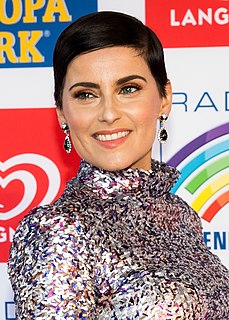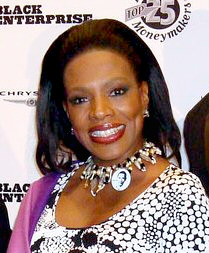A Quote by Jen Kirkman
I wonder if that's the difference between fathers and mothers. I'm friends with people who have kids that are like 5 and under, and they're still in that intense mother-bonding phase. It might just be that. Because the dads haven't changed.
Related Quotes
Mothers know the difference between a broth and a consommé. And the difference between damask and chintz. And the difference between vinyl and Naugahyde. And the difference between a house and a home. And the difference between a romantic and a stalker. And the difference between a rock and a hard place.
Let's face it: Most of us don't realize it, but we are failing our kids as reading role models. The best role models are in the home: brothers, fathers, grandfathers; mothers, sisters, grandmothers. Moms and dads, it's important that your kids see you reading. Not just books - reading the newspaper is good, too.
Mothers and fathers act in mostly similar ways toward their young children. Psychologists are still highlighting small differencesrather than the overwhelming similarities in parents' behaviors. I think this is a hangover from the 1950s re-emergence of father as a parent. He has to be special. The best summary of the evidence on mothers and fathers with their babies is that young children of both sexes, in most circumstances, like both parents equally well. Fathers, like mothers, are good parents first and gender representatives second.
The bonding of women that is woman-loving, or Gyn/affection, is very different from male bonding. Male bonding has been the glue of male dominance. It has been based upon recognition of the difference men see between themselves and women, and is a form of the behaviour, masculinity, that creates and maintains male power… Male comradeship/bonding depends upon energy drained from women.
As important as the father is in the life of a child, even he must take second place to mother during the first three years of life.... Consequently, mothers actually have more to do with producing a predisposition toward homosexuality than fathers. Two kinds of mothers are particularly harmful - smother mothers and dominating mothers.
Maternity has come a really long way from when my mother or my friends' mothers were shopping, but it's still very limited and it's hard. Just because you become pregnant doesn't mean your style changes. You still want to maintain your same aesthetic, but it can be very challenging with what is out there. It's been interesting to kind of learning to dress around it.
Instead of being a static one-time event, bonding is a process, a dynamic and continuous one. Thus, a reciprocal, loving attachment is still realizable even when early contact is delayed--as it is for many mothers and their prematurely born infants, or when illness of either the newborn or the mother intervenes.


































